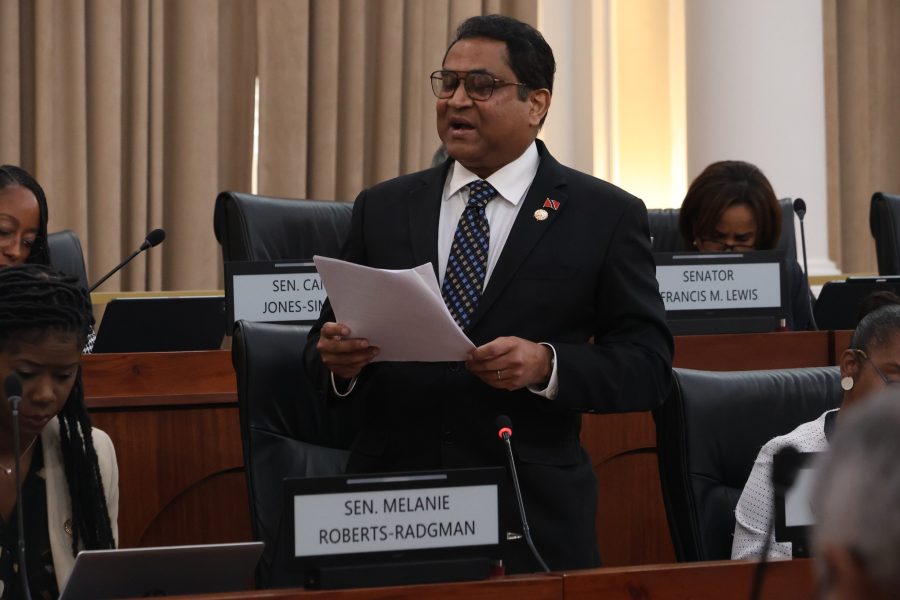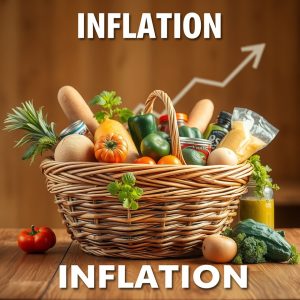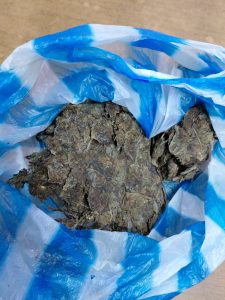INCREASED customs and excise duties on alcohol and tobacco products creates “strong motivation” for black market activities and may have a significant negative impact on the economy warns Opposition Senator Vishnu Dhanpaul.
Dhanpaul was speaking on Wednesday during the Senate’s debate on the immediate 100% increase in excise and customs duties on alcohol and tobacco products as declared in the 2026 National Budget.
The senator noted while the Opposition had no issue with increased taxation on alcohol and tobacco, especially in efforts to promote a healthier population, he cautioned that such a drastic increase in price could lead to a larger black-market trade, which would negatively affect the government’s projected revenue and fund criminal enterprise.
Dhanpaul said, “Excessively high duties creates incentives for smuggling, counterfeiting and illicit trade.”
He said that Trinidad and Tobago’s maritime borders and proximity to other Caribbean countries and South America make enforcement challenging and black markets could also introduce “unregulated and potentially more dangerous products.”
Dhanpaul said, “Customs in Trinidad and Tobago has seized thousands of cases of illegal alcohol and tobacco over the years.”
He said, “The trade in illegal tobacco is a very big business here. I have seen Customs raiding container after container of illegal alcohol and tobacco. It’s a huge business, and this 100% increase in excise and customs duties is only going to fuel it further.”
The senator raised concerns about the projected $800 million revenue from alcohol and tobacco excise duties, noting the absence of customs duty figures. He indicated that past tax increases often resulted in revenue declines due to smuggling and illicit trade.
He made reference to fiscal 2017 when alcohol taxes were increased by 20% which led to a decrease in the government’s revenue. He noted that this decrease was due to reduced demand, increased smuggling and tax evasion.
Dhanpaul warned the regressive nature of excise and customs duties, noting they disproportionately burden low-income households that spend more of their income on alcohol and tobacco. Addicts may seek cheaper, more harmful alternatives, making this an equity issue.
He cautioned high excise taxes on local alcohol and tobacco could harm domestic manufacturers, leading to job losses and reduced economic activity, particularly affecting bars, small retailers, and the hospitality sector, especially during times like Carnival and Christmas.
“Implementing, monitoring and enforcing excise and customs duties requires robust administrative capacity, customs enforcement at ports, excise monitoring of Accords, excise monitoring of production and combating smuggling, all require resources and trained personnel,” said Dhanpaul.
He stressed that the success of increased duties depends on effective implementation, including tax rates, enforcement, regional coordination, and revenue allocation to health and social programs. Without such measures, he warned, the tax hike could undermine its own objectives.
![]()













